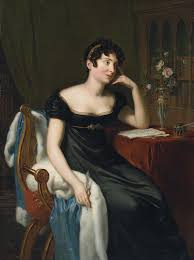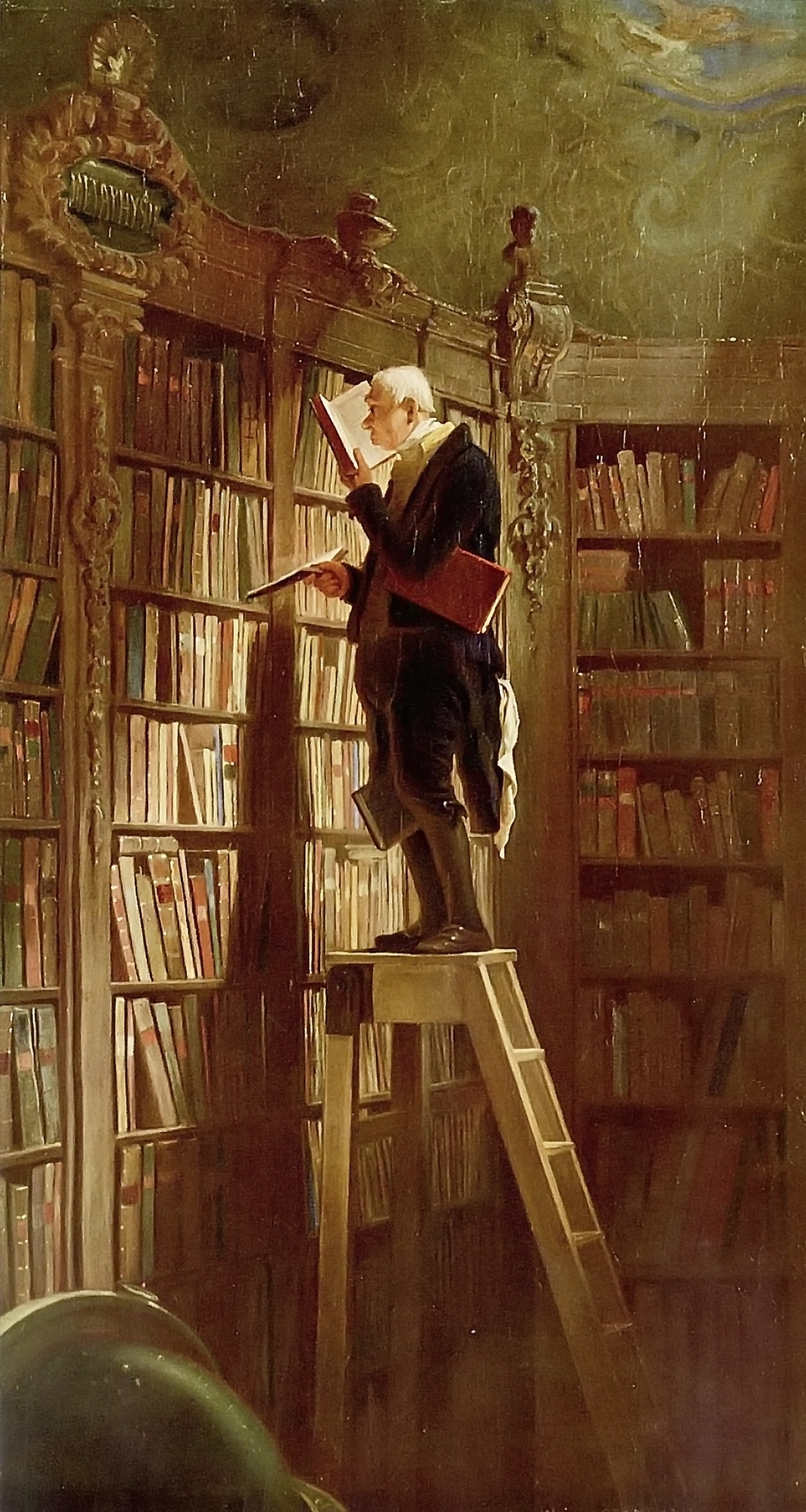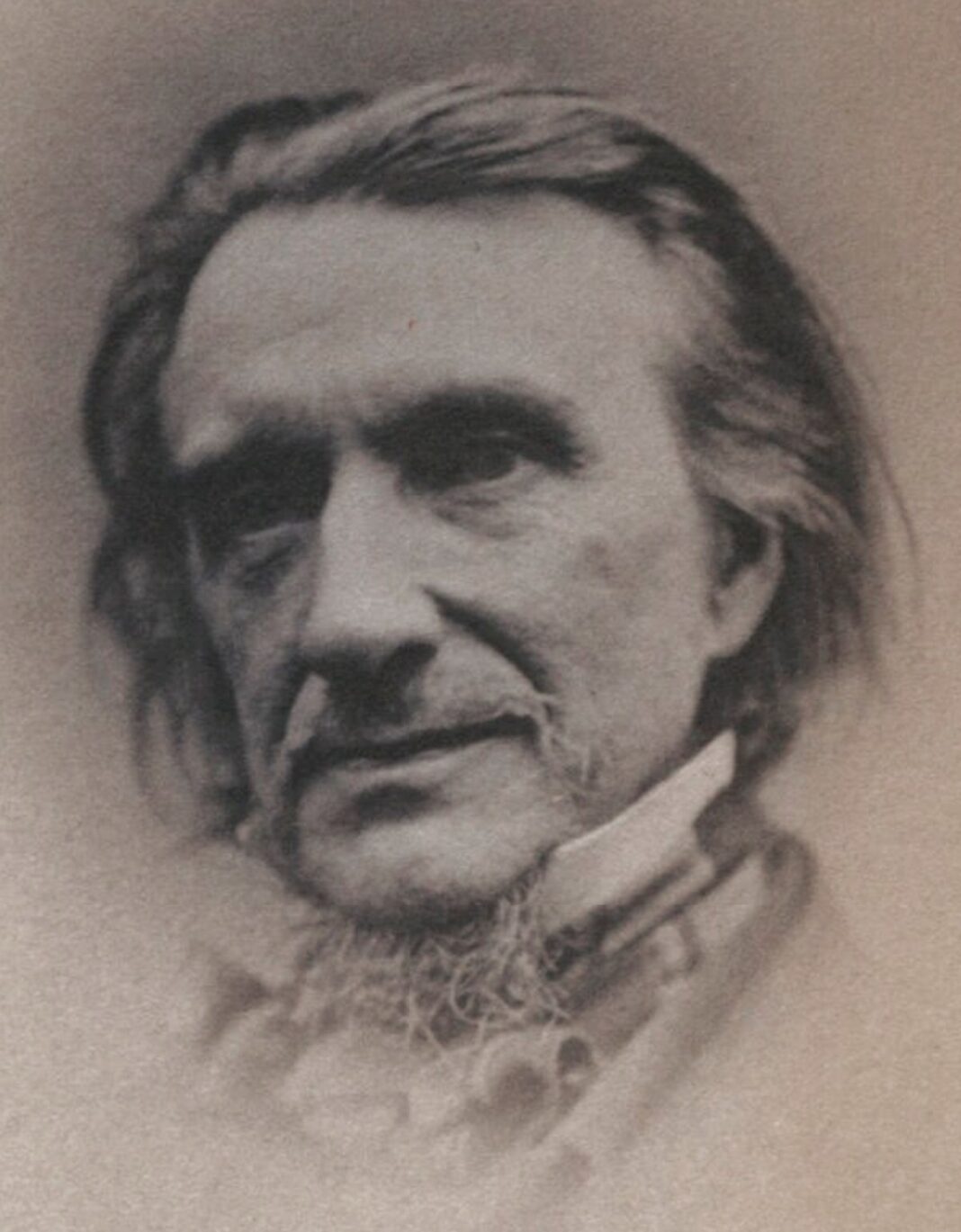
Sydney Owenson, Lady Morgan
The Wild Irish Girl
「1806」 Sydney Ownenson, Lady Morgan, The Wild Irish Girl, A National Tale「Google Books」 「First Edition: 1806」, 6th. Am. ed. (Boston, 1808).
While she was thus dispensing knowledge with the most unaffected simplicity of look and manner, a group of boys advanced towards us, with a cart laden with stones, and fastened to the back of an unfortunate dog, which they were endeavouring to train to this new species of canine avocation, by such unmerciful treatment as must have procured the wretched animal a speedy release from all his sufferings. Glorvina no sooner perceived this, than she flew to the dog, and while the boys looked all amazed, effected his liberation, and by her caresses, endeavoured to sooth him into forgetfulness of his late sufferings; then turning to the ringleader, she said:
“Dermont, I have so often heard you praised for your humanity to animals, that I can scarcely believe it possible that you have been accessary to the sufferings of this useful and affectionate animal; he is just as serviceable to society in his way, as you are in yours, and you are just as well able to drag a loaded cart as he is to draw that little car. ‘Come now, I am not so heavy as the load you have destined him to bear, and you are much stronger than your dog, and now you shall draw me home to the castle; and then give me your opinion on the subject.”
In one moment his companions, laughing vociferously at the idea, had the stones flung out of the little vehicle, and fastened its harness on the broad shoulders of the half-pouting, half-smiling Dermont; and the next moment this little agile sylph was seated in the car.
Away went Dermont, dragged on by the rest of the boys, while Glorvina, delighted as a child, with her new mode of conveyance, laughed with all her heart and kissed here hand to me as she flew along; while I, trembling for her safety, endeavored to keep pace with her triumphal chariot, till her wearied, breathless Phaeton, unable to run any further with his lovely, laughing burden, begged a respite.
“How!” said she, “weary of this amusement, and yet you have not at every step been cruelly lashed, like your poor dog.”
The panting Dermont hung his head, and said in Irish, “the like should not happen again.”
“It is enough,” said Glorvina, in the same language—we are all liable to commit a fault, but let us never forget it is in our power to correct it. (116-7)



